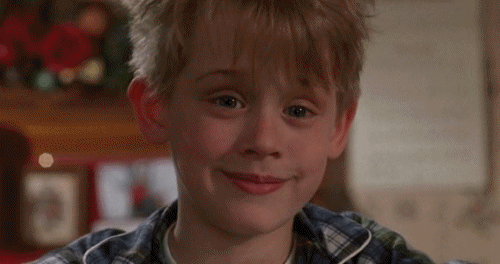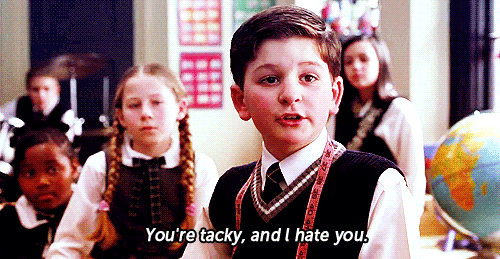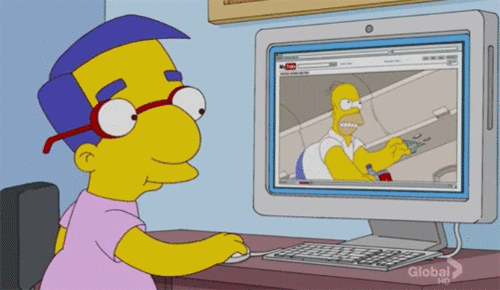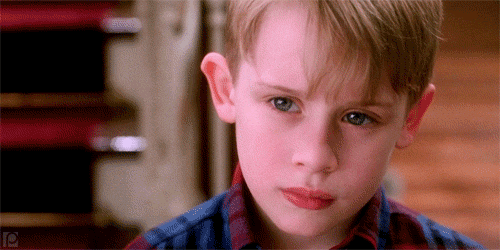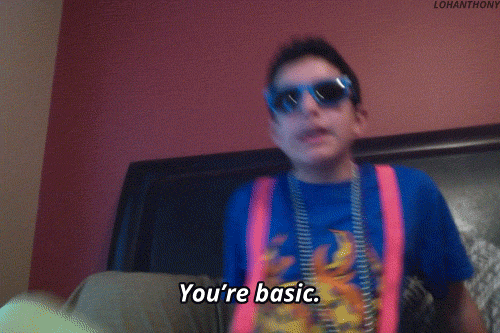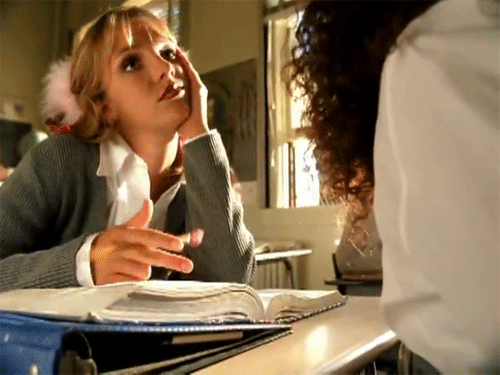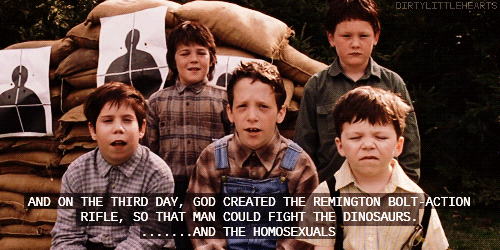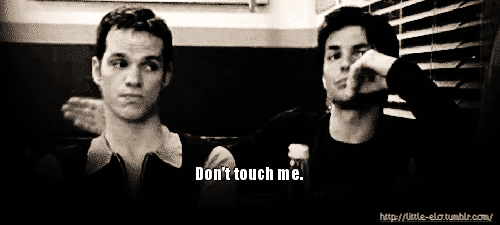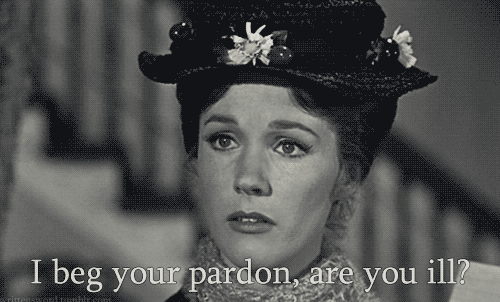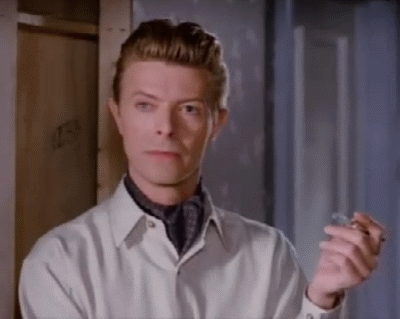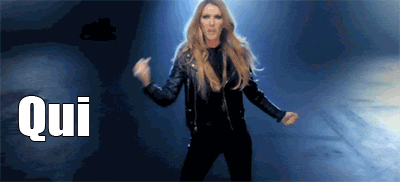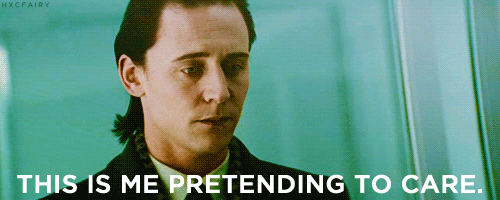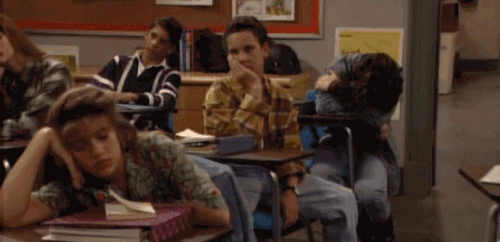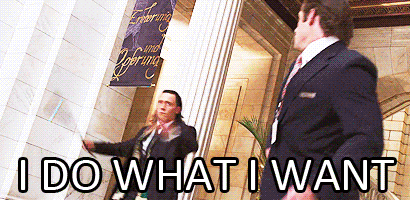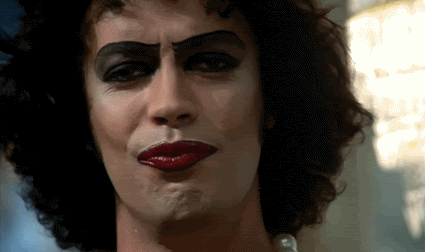Having seen it a second time last night, Marvel’s Captain America sequel has grown on me. Comic book franchises have given us lots of strong follow-ups – Superman II, Batman Returns, X2, Spider-Man 2 and The Dark Knight are all deemed better than their predecessors – and the Avengers series, including Cap’s sub-strand, has resisted sequelitis impressively.
Captain America: The Winter Soldier is a well put-together, thoughtfully directed thriller that succeeds at departing from the prior film‘s aesthetic, evoking seventies espionage rather than WWII nostalgia. (It helps that Robert Redford of Three Days of the Condor appears.) But its script still fails fundamentally at what it sets out to do.
Spoilers follow.
It might be appropriate Dan Fincke of the ethics-focused, Nietzsche-reading blog Camels with Hammers loves this film, because it sold itself intently as ‘a morally ambiguous modern espionate thriller’, darker, edgier and politically greyer than the Captain’s first outing. Redford’s casting as a character of murky loyalties is part of this, and the first half captures Cold War paranoia expertly. The problem is, the picture doesn’t make good on this premise.
From the start, it’s clear to any sensitised cinemagoer Alexander Pierce (Redford) is a villain. His talk of tearing old worlds down, of diplomacy being futile and of the need for world-policing is meant to land as a compelling challenge to Cap’s land-of-the-free philosophy, but the character has only just been introduced, played by a seasoned actor and pitched as an alternate version of S.H.I.E.L.D. director Nick Fury, presumably to explore darker themes than the latter’s role allows.
Their similarity makes us trust Pierce less rather than more, and it doesn’t help when he replaces a presumed-dead Fury as top brass. Despite Redford’s best efforts, the reveal he’s a straight-up antagonist just isn’t surprising: I never took him for a knight in dirty armour in the first place. The truly complex and audacious twist would have been to give him a right-all-along arc, making him a flawed hero and Fury himself the villain.
There were storytelling strands in place already that could have led to the latter, particularly Fury’s actions in The Avengers and the Agents of S.H.I.E.L.D. series. It’s as if the writers limbered up for a stunning bait-and-switch then chickened out. In fact, Fury’s ominous scheming in the opening scenes and Pierce’s praise for compromise are both characters’ most convincing moments, because the actors are playing the arcs they want to play. Yet the second half returns us to factory-setting heroes and villains.
It doesn’t help at all when Hydra, the first film’s ‘Nazi deep science division’, is revealed to have survived and be the power behind Redford’s character. At least in the language of cinema, there’s no better shorthand for unqualified evil than a Nazi uniform – what made them work in the previous instalment is that raygun wielding super-Nazis are, in a word, camp – so Hydra’s presence in The Winter Soldier jars completely with its hopes of moral greyness.
To put it bluntly, I don’t care how nuanced or ambiguous your world is: once your bad guys are whispering ‘Hail Hydra’, bad guys is plain and simple what they are. When Redford has to recite this line, he actually looks embarassed; its silliness, glorious in the original Captain America, was even lampshaded on Agents of S.H.I.E.L.D. How could anyone see Pierce’s people as nobly misguided authoritarians when they still use retro Nazi branding, octopus-skull and all?
It’s not that Soldier isn’t in the end a perfectly solid film. But I do think that as well as hobbling its tries at realism and grit, these narrative choices make it less good than it could be. For all its atmospheric uncertainty, I never for a moment doubt Cap is the white hat and will remain so. He has no true arc, and ends up the same person he was two hours before, because its lines of good and evil are in truth just as sharp as his origin story’s. I wanted to see him re-examine his beliefs, but he doesn’t once begin to.
Captain America’s old fashioned values are, granted, what define him. (Both his introductory film and The Avengers play to this.) But that’s just what would make challenging them, as Soldier promised to do, compelling. Much as Iron Man 3, behind its explosions and CGI, was really about Tony Stark’s identity crisis – breaking and rebuilding his trademark confidence – Marvel still owes us a story where Cap questions who he is.
In its battle between War on Terror surveillance and pie-eyed hymns to liberty, the film only pits one American dream against another: his patriotic values aren’t deconstructed as we’re led to believe at all. With its titular nemesis wearing Soviet colours and a Russian female lead in Agent Romanov, the script could have done this several ways, unpicking the U.S. mythos of wartime heroism Cap is rooted in. Instead, and despite its dismantling S.H.I.E.L.D., I’ll remember The Winter Soldier for its timidity.




